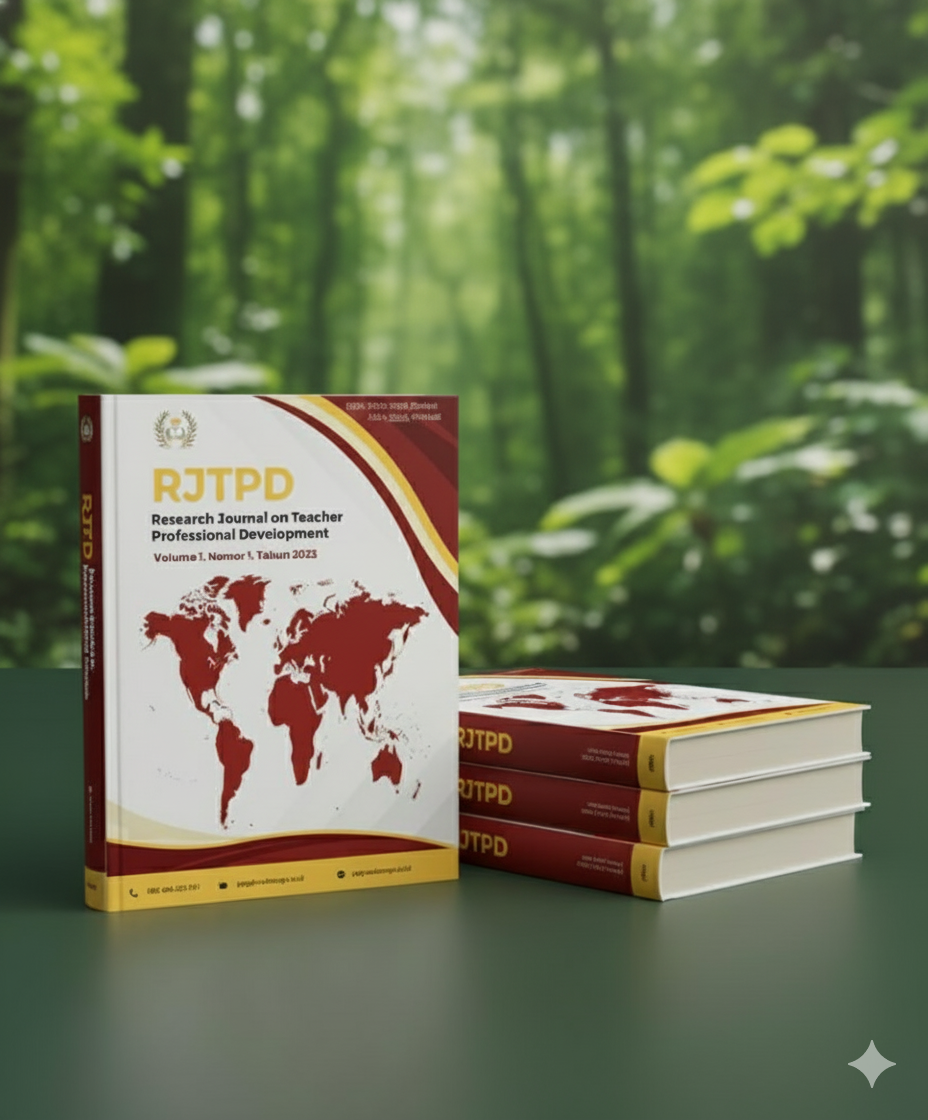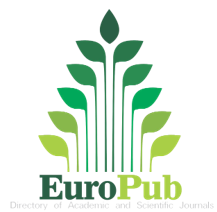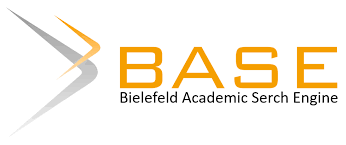Application of Problem Based Learning Model in Improving the Learning Outcomes of Islamic Religious Education on the Theme of the Content of the Qur'an Surah Al-Maun
DOI:
https://doi.org/10.21580/rjtpd.v3i01.24937Abstract
This study aims to analyze the effectiveness of the application of the Problem Based Learning (PBL) learning model in improving the learning outcomes of grade 5 students in the material Understanding the Basic Message of Q.S. Al-Ma'un at SDN Geneng 1. The background of this research is the low learning outcomes caused by the lack of innovative learning methods and the lack of active student involvement. The research was carried out through a qualitative approach with a Class Action Research (PTK) design consisting of three cycles, including the planning, implementation, observation, and reflection stages. The research subjects are grade 5 students, with a focus on improving learning outcomes and learning activities during the learning process. The results showed a significant increase in the average score from the initial condition (51.4) to 64.3 (cycle I), 71.4 (cycle II), and 85.71 (cycle III). Learning completeness also increased from 28.5% to 57.14%, 71.42%, to 85.71%. Student learning activities increased from 70.59% (cycle I) to 85.71% (cycle III), showing that PBL has succeeded in increasing students' engagement, motivation, and critical thinking skills. Thus, the application of the PBL model has proven to be effective in improving the understanding of the material as well as students' attitudes and learning motivation in the subjects of Islamic Religious Education and Ethics
Downloads
Downloads
Published
Issue
Section
License
Copyright (c) 2025 Mutmainah

This work is licensed under a Creative Commons Attribution-NonCommercial-ShareAlike 4.0 International License.
The copyright of the received article shall be assigned to the journal as the publisher of the journal. The intended copyright includes the right to publish the article in various forms (including reprints). The journal maintains the publishing rights to the published articles. Authors are allowed to use their articles for any legal purposes deemed necessary without written permission from the journal with an acknowledgment of initial publication to this journal.
















